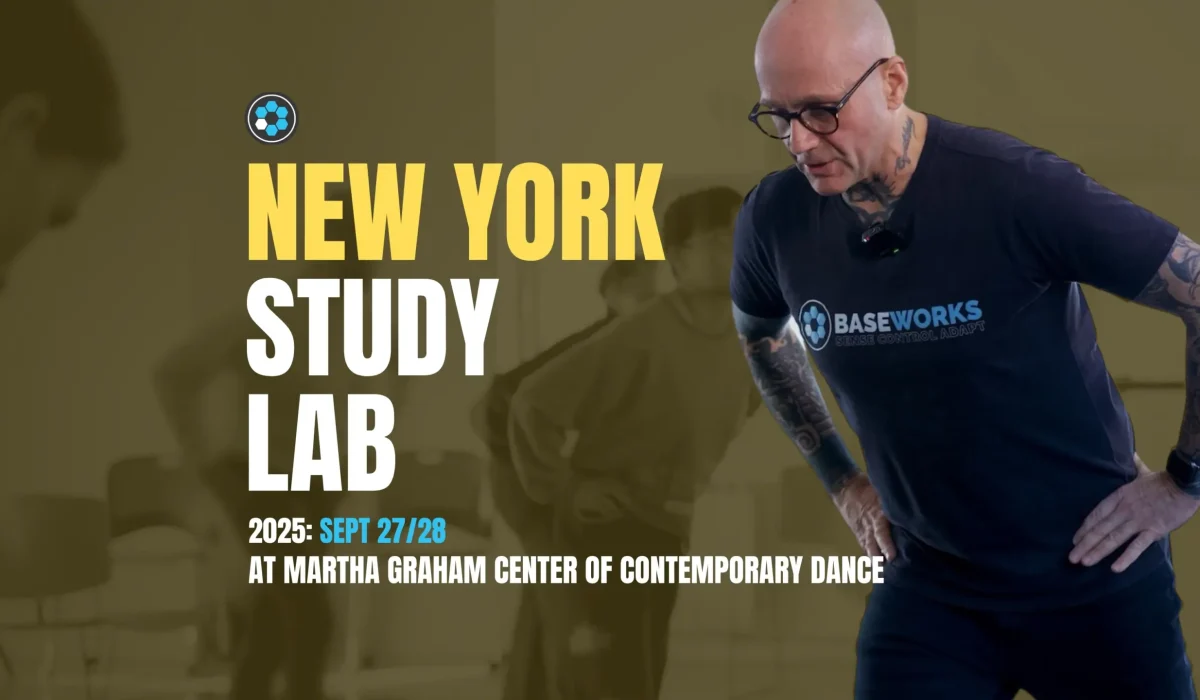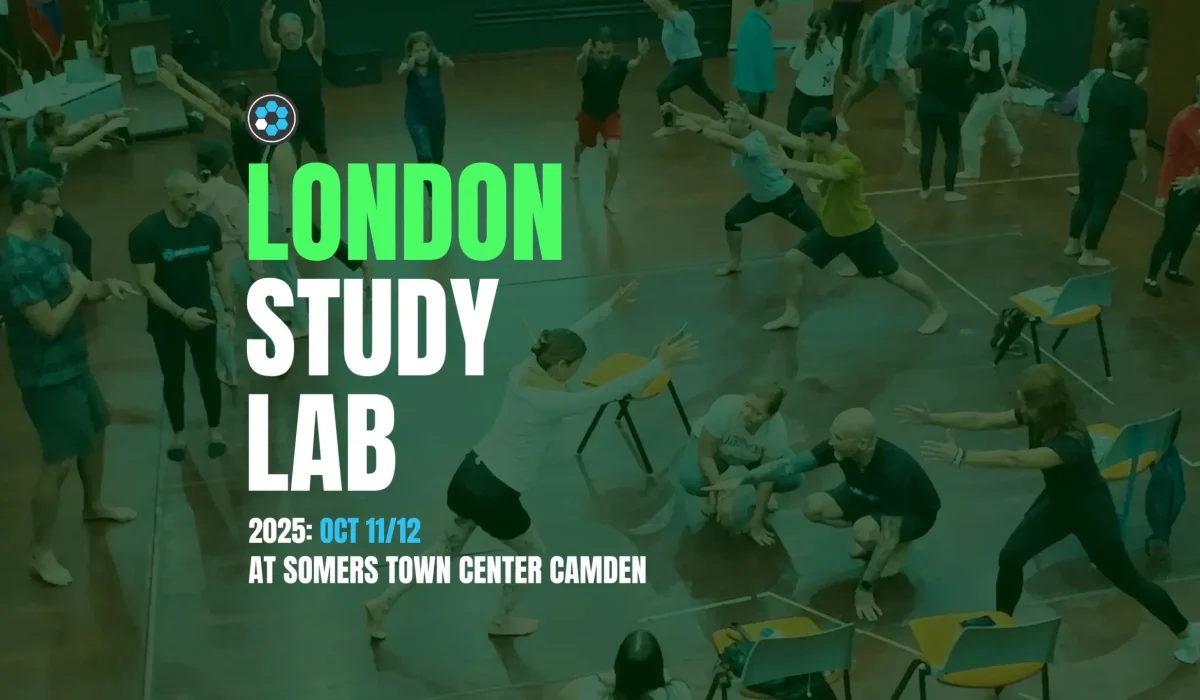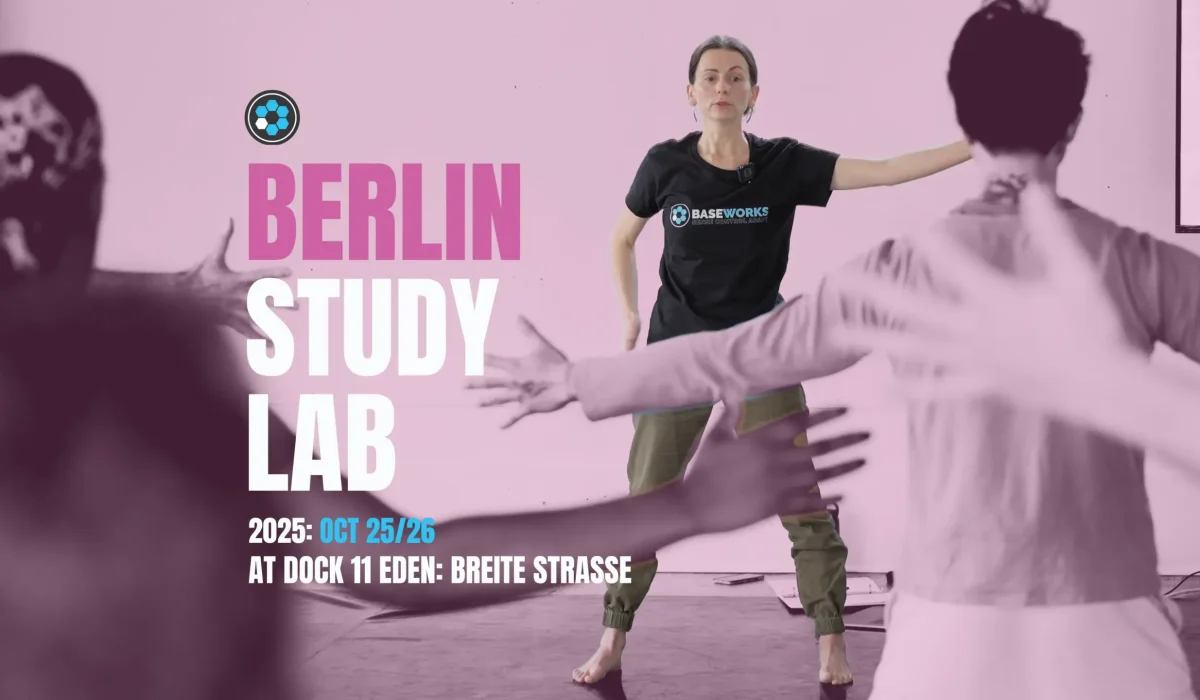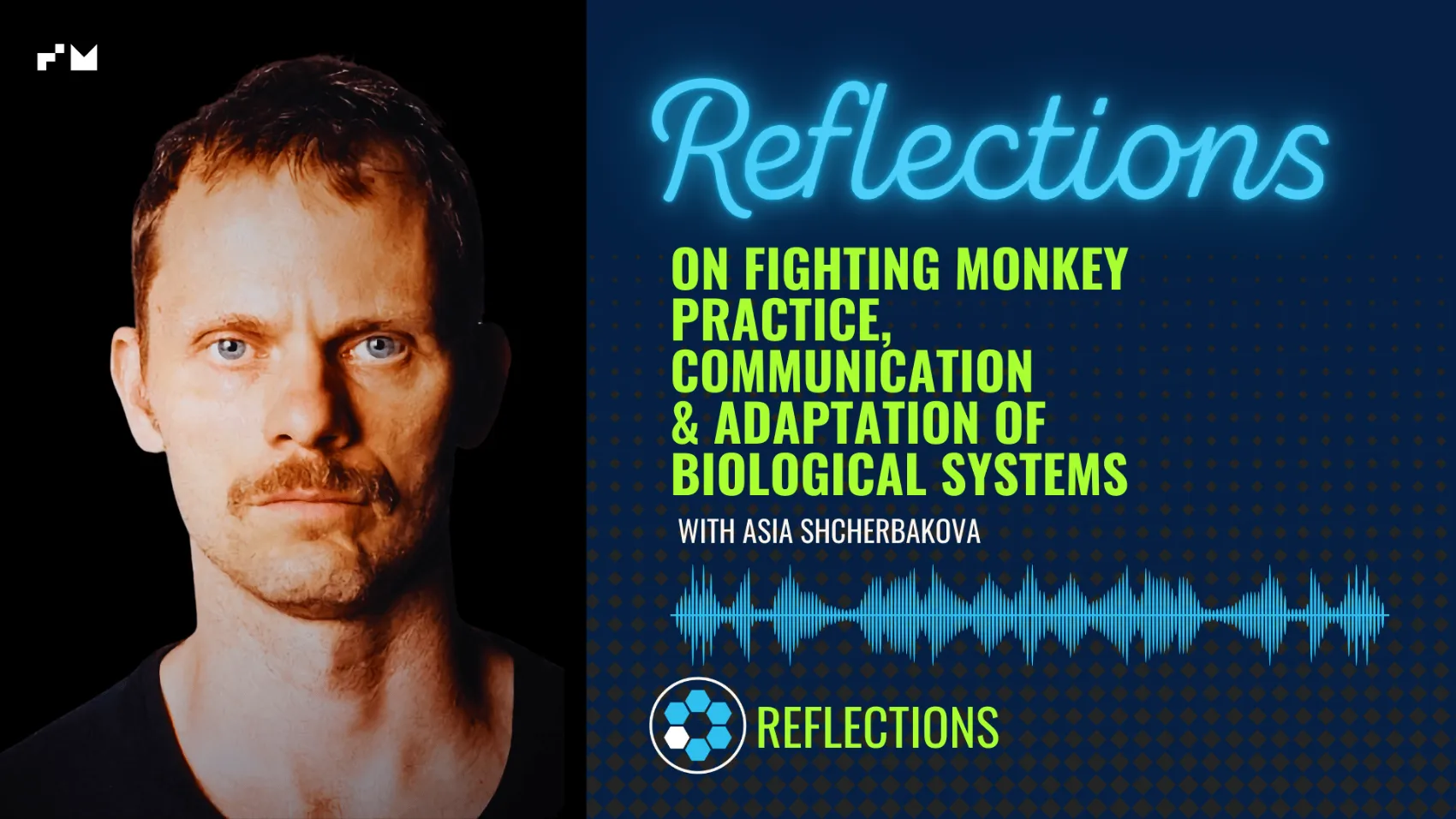Asia (Ksenia) Shcherbakova (Asia pronounced Asha) was born in Saint Petersburg, Russia. With her father being a physicist, she grew up having immediate answers to all her questions about the world, from subatomic particles to galaxies. This stimulated both her curiosity about the world and the sense that nature was complex but cognizable.
Utilizing the mechanisms available for young adolescent students in Russia, already in high school, she had the opportunity to conduct her first genetic experiments, interview psychiatric ward patients, and visit intensive care units, operating rooms, and autopsies at a hospital morgue.
Having been exposed to Eastern philosophy and mythology from a very young age through her home library and having taken Eastern studies as one of her elective subjects in high school, she was torn between biology and Eastern studies in choosing her field of study, which she ended up resolving in favor of biology.
She majored in Genetics and, in 2010, completed a Master’s degree in Human Genetics at Saint-Petersburg State University. By that point, her research was in an interdisciplinary area of psychoneuroimmunogenetics, marking the beginning of her shift toward Neuroscience. She joined the Laboratory of Neurobiology of Integrative Functions of the Brain at the Pavlov’s Department of the Institute of Experimental Medicine to participate in research related to the role of inflammation in the development of mild cognitive impairment. After an internship at the Brain Research Institute of Niigata University, she was inspired to do her PhD in Japan.
Alongside her biological study and research, she taught herself Japanese by translating 100 songs from the renowned Tokyo rock band PENICILLIN using a dictionary and textbook. She also completed 7 years of classical music training, majoring in flute with piano as a second instrument.
She chose a biotechnology PhD program at Kyoto Sangyo University, where she studied the molecular mechanisms of bacterial adaptation and survival. Living for 4 years in the mountains in Kyoto, with more than 1600 Buddhist temples and 400 Shinto shrines, her interest in Eastern thought has found a concrete object of study: the life path and thinking of Kūkai and the Shingon ‘school’ of buddhist thought that he had developed, in which she was able to find the closest fit between natural sciences and systems of spirituality.
As a result of the heightened pressure associated with pursuing a PhD in a foreign country, she experienced a severe recurrence of parietal/temporal lobe epilepsy. The prescribed medication only exacerbated her condition, and she had to use her training in biological research to design an intervention program for herself, which involved dietary changes, including a ketogenic diet and the use of medium-chain triglycerides, and training requiring a high degree of sensorimotor integration to get herself off all the medications and restore normal cognitive function. This inspired her interest in the interrelation between motor and non-motor cognitive functions and the application of the neuroscientific knowledge to improving cognition.
After obtaining her PhD, Asia started to work for a Tokyo-based Japanese consulting company, with an interest in using her knowledge to incorporate neuroscience-based applications into the company’s services.
Soon after relocating to Tokyo, she was introduced to Baseworks. Intrigued by the perceptual changes from the practice and also armed with insights from her epilepsy-associated experiences, Asia left her job and joined as a science consultant. Her role at Baseworks was to “reverse engineer” the method and better explain its unique applications in attention allocation and neuromuscular activation from a scientific perspective.
She designed various educational frameworks to highlight the salient features of the Baseworks method as a training modality. Examples of her work can be found on the following pages: the key movement principles, the 3 types of body awareness, the neuroscience behind baseworks, and the baseworks meta.
At the same time, she was also trying to find correlates in science to the more abstract facets of Baseworks, which founder, Patrick Oancia, has always emphasized were of equal importance to the physical characteristics. Although on the surface, Baseworks is a physical training modality, in essence, it is a very complex embodied, embedded, extended system for modifying and conceptualizing the lived experience and action/decision-making processes.
This line of research work for Baseworks has led her to explore fields far beyond sensorimotor learning, including the neurobiological and evolutionary foundations of syntax, comparative linguistics, spatial cognition, the role of basal ganglia in motor and cognitive processes, adaptive resonance theory, and more.
Linguistics and philosophy of language is another important area in all of Asia’s research activities. Having taught Baseworks applications, and lectures on the neurobiology of movement and philosophy in English and Japanese and participating in projects on translation and localization, Asia became interested in the processes of language production, comprehension, construction of meaning, and speech-act theory. The experiences of language interference, non-verbal communication, meditation, and certain epileptic states led her to view physical body movement, conceptual thought, and linguistic expression altogether. She hopes to further develop this line of investigation in Baseworks and through interdisciplinary collaborations.
Alongside her work with Baseworks, in collaboration with her colleagues at the Institute of Experimental Medicine, Asia participates in an ongoing research project focused on the mechanisms of the neuroprotective actions of medium-chain triglycerides. Her recent publications can be found here under her birth name, Ksenia Shcherbakova.
Asia is currently based in Montreal, Canada.












